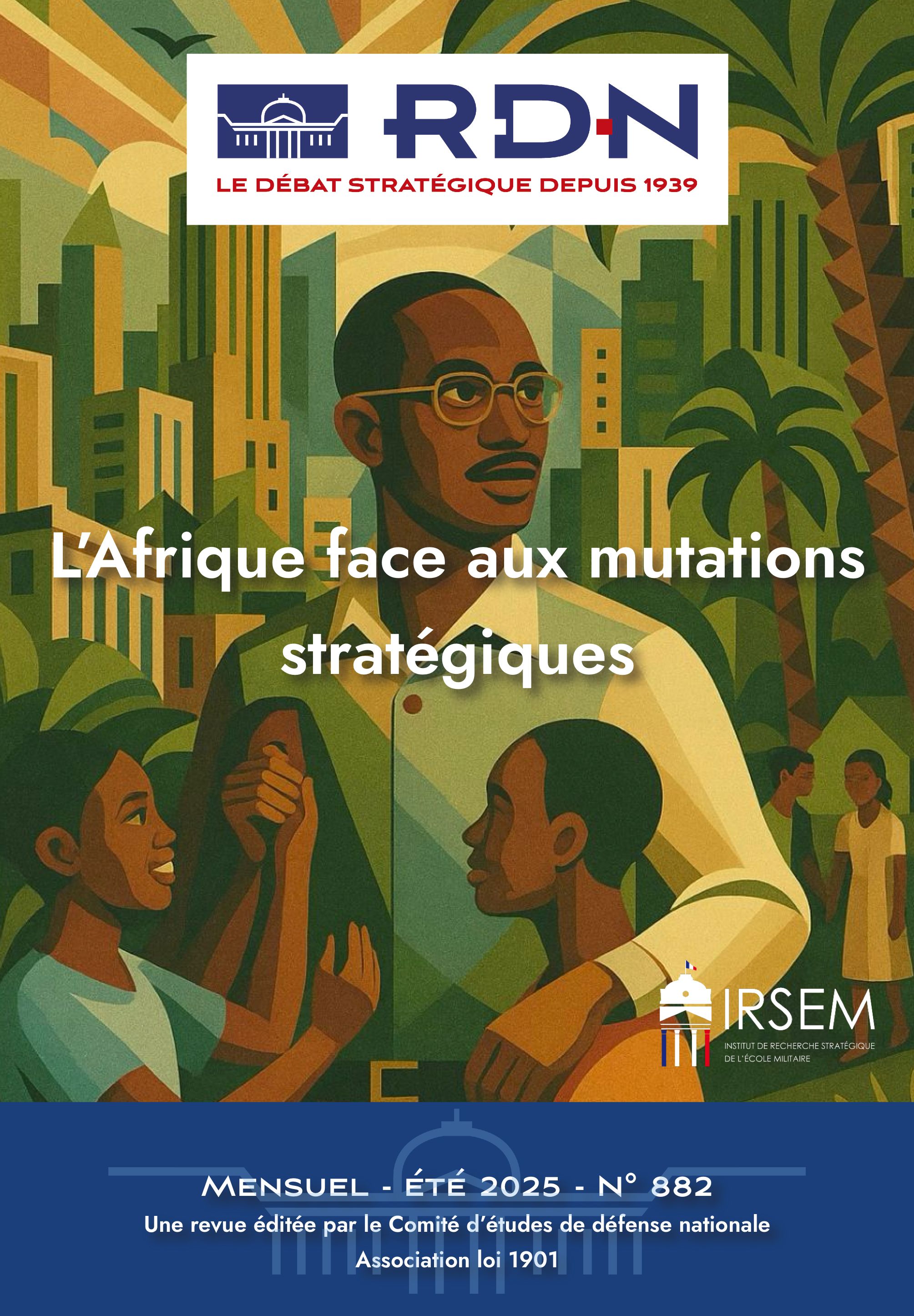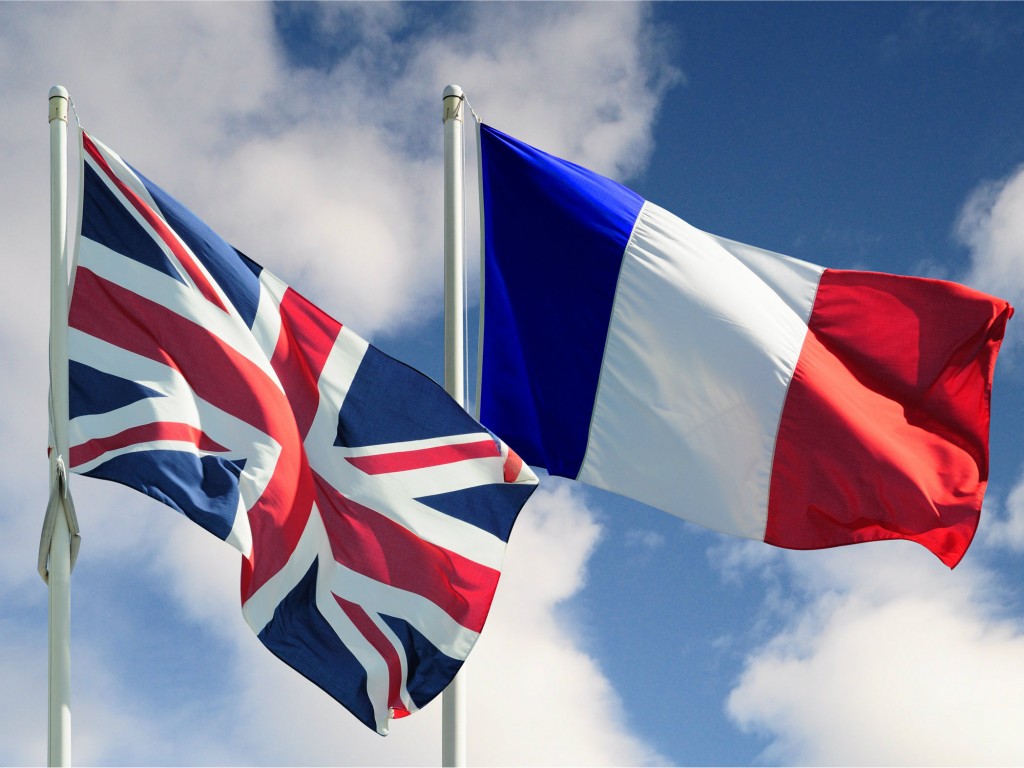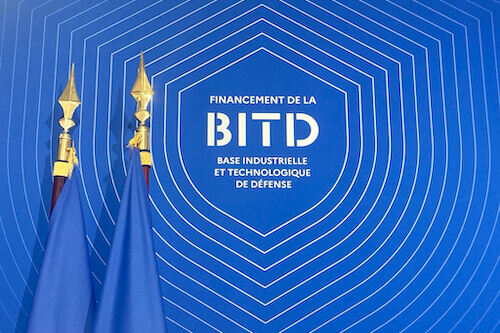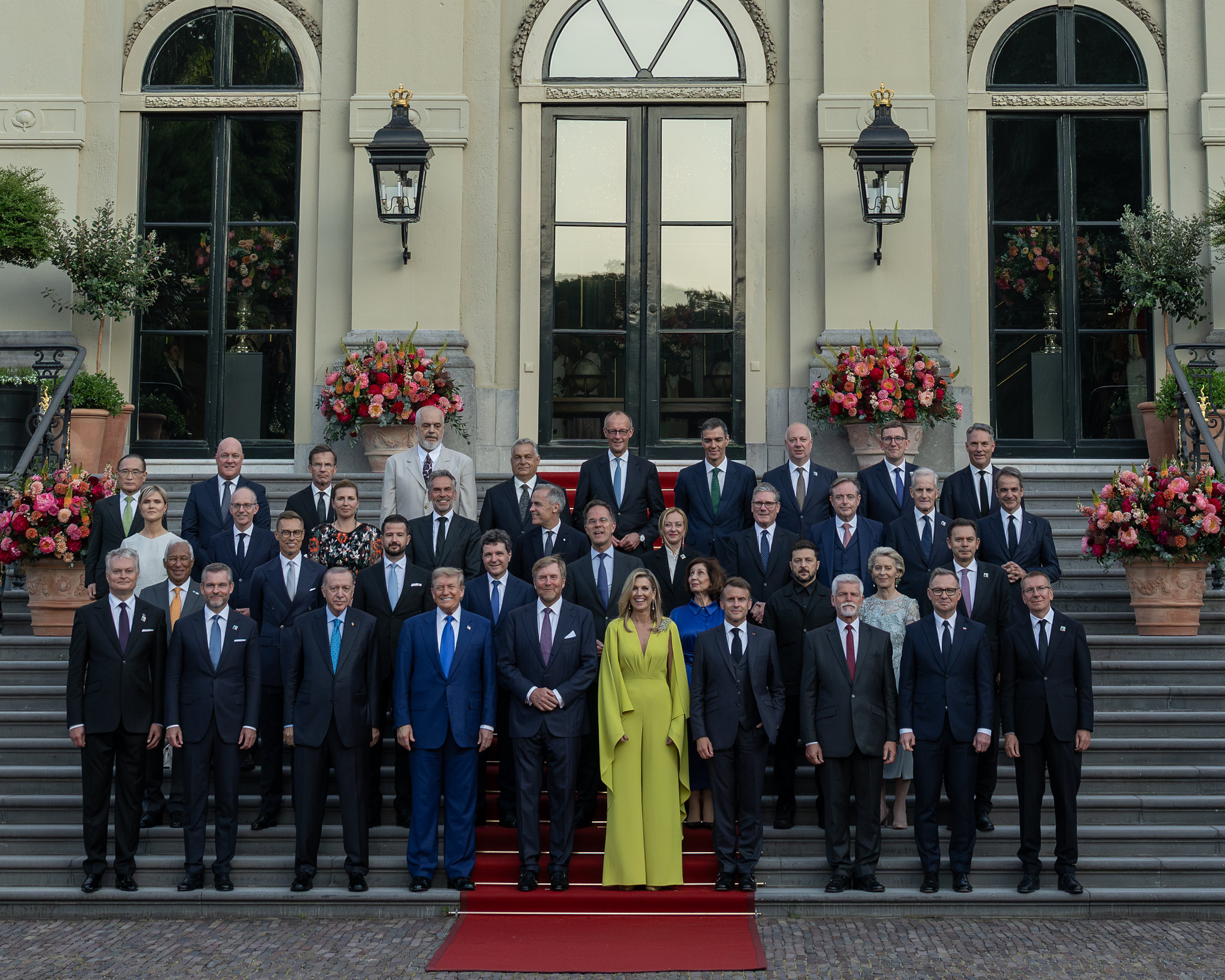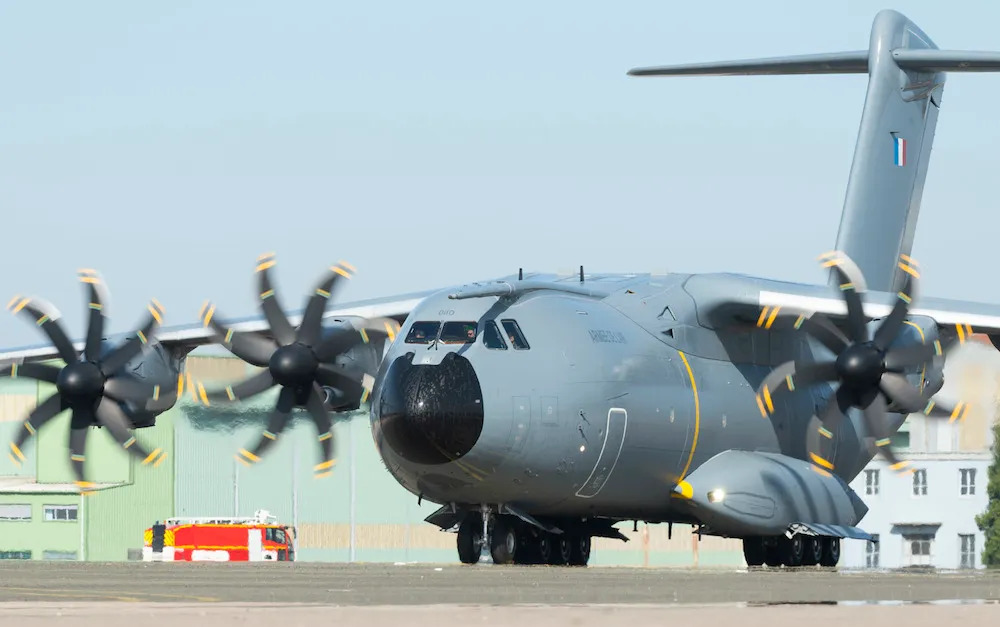Since Franco-German military cooperation has always been influenced by political logic, it is reasonable to wonder whether recent events—elections in Germany and France’s rejection of the European constitution—will have an impact on security relations between the two countries. Although one may expect a reduction in cooperation due, in particular, to the electoral calendar, Franco-German ties are sufficiently strong not to be easily called into question by the vagaries of political life.
The impact of politics on Franco-German military cooperation
The boost given by the Franco-British St-Malo declaration of 1998, and by the Cologne European summit in 1999, was a catalyst, not only for the emergence of European Security and Defence Policy (ESDP), but also for a relaunch of Franco-German military cooperation. Paradoxically, European efforts to improve capabilities, as well as a modest reorganisation of Europe’s defence architecture at the NATO summit in Prague in 2002, have led some actors and observers to question the ‘special Franco-German link’: having been a ‘motor’, it is said to have become a brake. According to them, cooperation would be counter-productive because it would create an ‘autistic’ relationship, excluding European synergies, and would worry countries with little military weight that fear a Franco-German condominium. In fact, it seems legitimate today to wonder if the crisis caused by the French ‘non’ in the referendum on the European constitution, and the change of government in Berlin following the September 2005 elections, are going to bring about a reduction in bilateral cooperation. The reply to this question lies in an image in which the European dimension forms the background, and which presents Franco-German military cooperation as embodied in two processes: the politico-military relationship and the practical functioning of Franco-German military cooperation.
The Political Logic of Franco-German Military Cooperation
A majority of the military personnel of both countries (including those engaged in cooperation) have been aware that Franco-German military cooperation has, from the beginning, stemmed from political motivation. Up to the end of the 1990s, in the eyes of French military men aware of British pragmatism and German atlanticism, its justification was to be found in the symbolic (reconciliation) and political spheres (reinforcement of the weight of the Franco-German duo on the European and world stages).(1) The operational character of some ventures, such as the Franco-German Brigade (BFA) or the Franco-German Naval Force (FNFA), therefore gave rise to doubts.
Il reste 84 % de l'article à lire

